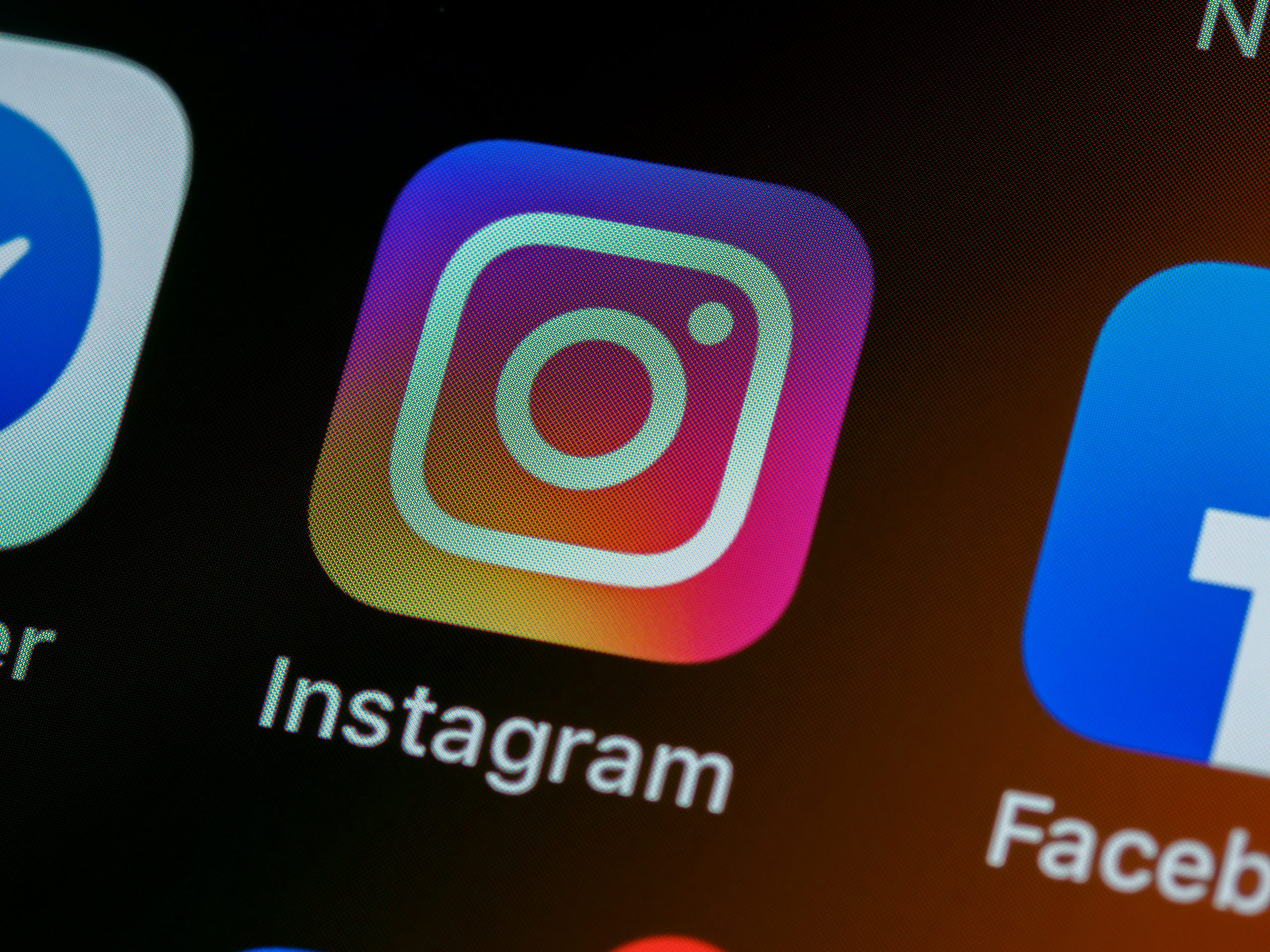
Lauren Moye, FISM NEWS
[elfsight_social_share_buttons id=”1″]
Members of Congress have united around concerns that Mark Zuckerberg and Instagram administrators concealed evidence of the platform’s detrimental effect on the mental health of young users.
Democrats in both the Senate and House have demanded answers regarding a Sept. 14 Wall Street Journal article revealed that Instagram’s own internal research showed devastating consequences, particularly for younger females.
“Although you have publicly told Congress that ‘the research [I have] seen is that using social apps to connect with other people can have positive mental-health benefits,’ your company’s research points to disturbing relationships between Instagram use and young people’s mental health challenges,” reads a Sept. 15 letter to Mark Zuckerberg from Senator Edward J. Markey (D-MA), Representative Kathy Castor (D-FL), and Representative Lori Trahan (D-MA).
Lawmakers summarized the points of the internal research which included a connection that Instagram had with the following: 6% of teenagers reporting suicidal thoughts, contributing to body image problems for 1 in 3 girls, making 1 in 5 teenage users feel worse about themselves, as well as other negative effects.
The lawmakers wrote, “This new information is particularly concerning given your company’s recent announcement that it is ‘exploring’ plans to launch a new version of Instagram for users under the age of 13.”
They requested accountability in who had knowledge of this internal research, detailed plans for products or services designed to target children or teens, and copies of all internal and external research to be turned over by Oct. 6.
Other legislators, like Cathy McMorris Rodgers (R-Wash), slammed Facebook for purposefully concealing this information despite requests made from Congress earlier in the year. Rodgers told The Washington Free Beacon, “Facebook refused to comply with our request and we now know why. This also leaves us wondering what else they are hiding.”
Karina Newton, Head of Public Policy for Instagram, defended the social media app against the Journal’s report, in a blog post: “The question on many people’s minds is if social media is good or bad for people. The research on this is mixed; it can be both. At Instagram, we look at the benefits and the risks of what we do.”
Newton claimed that Instagram’s internal research reflected this mixture of benefits and ill effects, and was in line with external studies. She also revealed a strategy Instagram is seeking to employ to limit its potential negative influence on teens, saying, “From our research, we’re starting to understand the types of content some people feel may contribute to negative social comparison, and we’re exploring ways to prompt them to look at different topics if they’re repeatedly looking at this type of content.”
She promised that Instagram would “be more transparent about the research we do, both internally and in collaboration with external researchers.”
Mark Zuckerberg has already received harsh criticism for plans that he had to develop a social media app that would target younger children. Markey wrote a previous letter on May 10 which states, “Facebook has an obligation to ensure that any new platforms or projects targeting children put those users’ welfare first, and we are skeptical that Facebook is prepared to fulfil this obligation.”
A letter, signed by over 40 State Attorney Generals in May stated, “It appears that Facebook is not responding to a need, but instead creating one, as this platform appeals primarily to children who otherwise do not or would not have an Instagram account.”
The Attorney Generals urged Zuckerberg “to abandon its plans to launch this new platform.”
